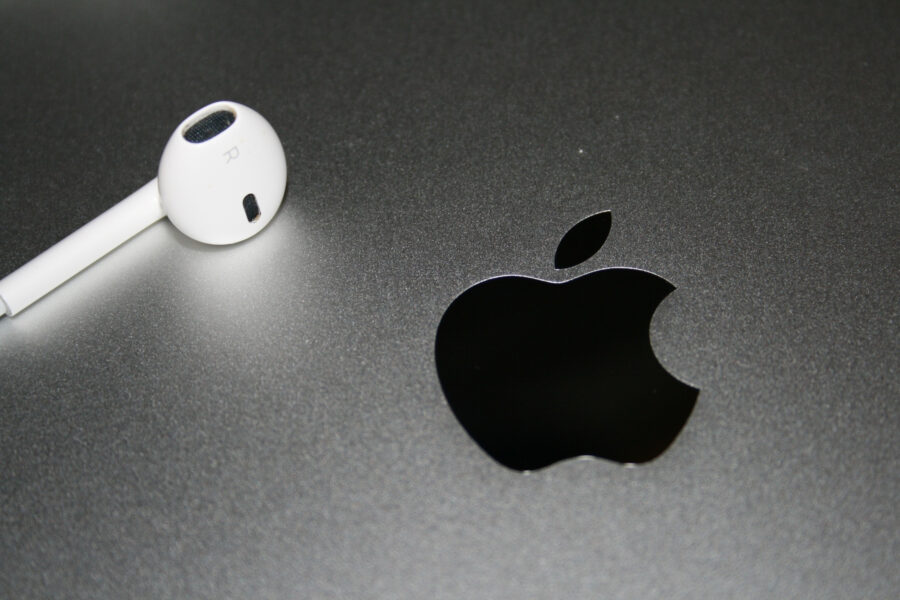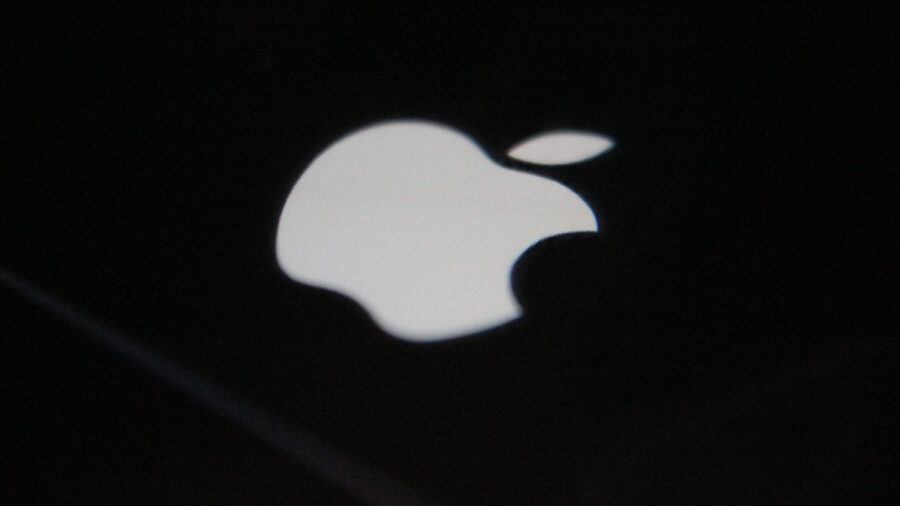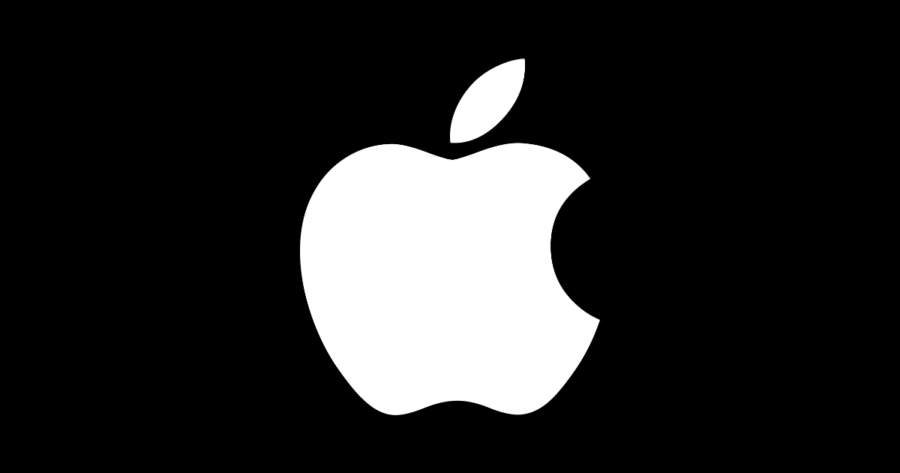Apple Kills Its Biggest Project Ever, After Decade Of Work

R.I.P. dreams of the Apple electric car. Apple Inc., the world’s second most valuable company according to market cap, had been nurturing ambitions to produce a self-driving electric vehicle for well over a decade. However, these plans have now been abandoned.
Steve Jobs and the iCar

Named Project Titan, the idea’s roots can be traced back to the company’s late founder, Steve Jobs, who had been inspired by Tesla’s pioneering endeavors in electric cars. Before his death in 2011, Jobs was reported to have hoped to design an “iCar.”
Unfortunately for Apple fans, the company decided to abort its electric vehicle aspirations and redirected its focus on artificial intelligence. The workforce for the Apple electric car totaled 2,000 employees, many of whom will now be tasked with generative AI projects.
Pivot To AI

A switch to generative AI makes sense for the company as the technology could be used across a variety of its products. From engaging in real-time conversation on Apple Care, to creating documents in Pages and presentations in Keynote, even providing informed recommendations and generating playlists on Apple Music, generative AI will have an impact.
Abandonment Comes After A Year Of Test Drives

The abandonment of Project Titan came despite substantial development steps taken by the dedicated team. During a year-long span between December 2022 and November 2023, Apple successfully logged more than 400,000 miles of autonomous test drives. The envisioned Apple electric car was reportedly planned to feature advanced battery technology with superior cost and range metrics compared to the competition.
Too Expensive For The Market

However, despite these strides, by the start of 2024, Apple found itself in a challenging predicament. The likely timeline for an Apple electric car to hit the market had been pushed to 2028, with an estimated exorbitant price tag of $100,000. This forced reassessment of the project also highlighted a shift in the original vision from a fully autonomous vehicle to a more limited feature set.
The Signs Were There

In actuality, forerunners to the abandonment of the Apple electric car could be seen as far back as 2016 when the company cut hundreds of jobs in its automotive department. At the time, the decision appeared to be part of a shift from building the brand’s own vehicle to developing self-driving technology to license to other manufacturers.
Additionally, the broader EV market has been displaying signs of persistent hurdles, including sluggish growth, issues with charging infrastructure, and consumer resistance to high prices. Traditional automakers like Ford and General Motors also were rethinking their EV strategies.
Apple Is Still Incredibly Successful

It’s hard to imagine that the Apple electric car wouldn’t have a solid built-in market willing to purchase the new vehicle as eagerly as the next iPhone. Apple has sold more than 1.5 billion iPhones since its introduction in 2007. While the EV would never achieve those numbers, even a portion of iPhone owners giving the Apple electric vehicle a shot would be significant.
However, there’s a growing belief that AI offers safer and potentially more profitable long-term prospects compared to the electric car industry. Apple’s strategic choice is likely both a nod to the promising future of AI and a reaction to the current uncertainties in the EV market.












